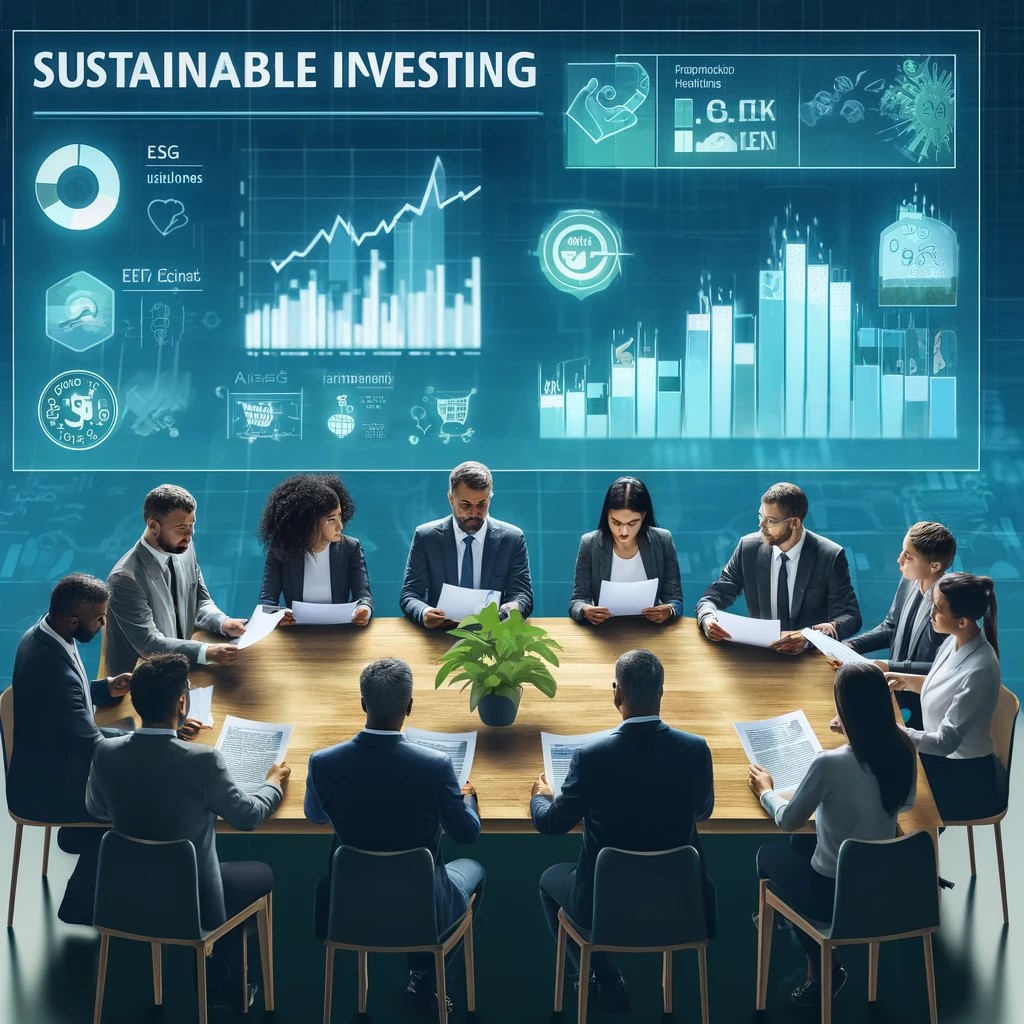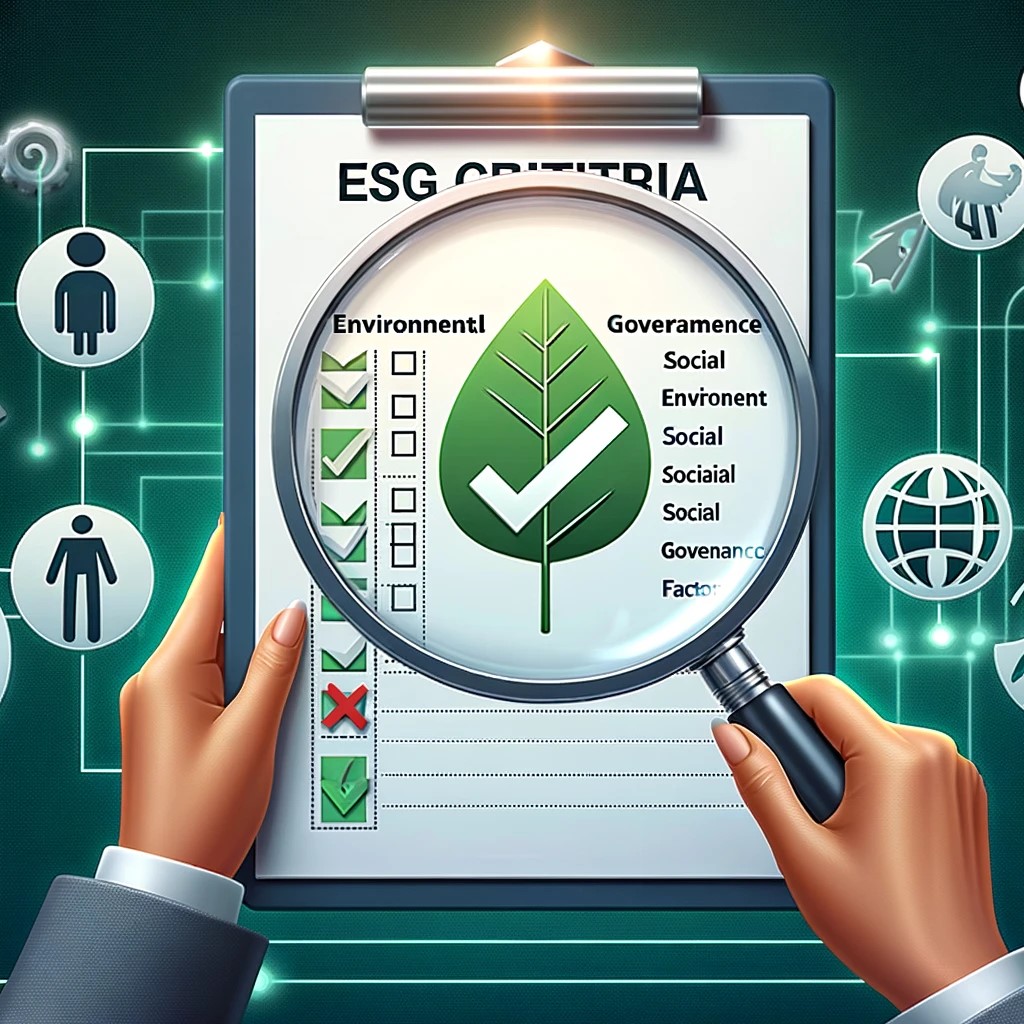In recent years, sustainable exchange-traded funds (ETFs) have gained significant traction as investors increasingly prioritize environmental, social, and governance (ESG) considerations in their investment decisions. This article delves into the current trends and future predictions surrounding the growth of sustainable ETFs.

Current Trends
Increasing Investor Interest
One of the most notable trends in the finance world is the surge in investor interest in sustainable investing. Investors are increasingly seeking opportunities to align their investments with their values, driving substantial growth in sustainable ETFs. This heightened interest reflects a growing awareness of the importance of ESG factors in investment decision-making.
Evolving ESG Criteria
Sustainable ETFs employ a variety of ESG criteria to select investments that meet specific sustainability objectives. These criteria encompass environmental factors like carbon emissions and resource management, social factors such as labor practices and diversity, and governance factors like board composition and executive compensation. As the field of sustainable investing matures, ETFs are refining and expanding their ESG criteria to capture a broader range of sustainability metrics.

Competitive Performance
Contrary to the misconception that sustainable investing sacrifices returns for ethical considerations, many sustainable ETFs have demonstrated competitive performance compared to traditional funds. Companies with strong ESG profiles are often more resilient, better managed, and better positioned to capitalize on long-term trends. As a result, sustainable ETFs have attracted investors seeking both financial returns and positive impact.
Future Predictions
Continued Growth Trajectory
The growth trajectory of sustainable ETFs is expected to continue in the coming years. As investors increasingly prioritize sustainability and ESG considerations, demand for sustainable investment products is projected to accelerate. This growing awareness and interest will drive further inflows into sustainable ETFs, leading to a significant increase in assets under management.

Innovation and Product Development
ETF providers are expected to innovate and develop new products to meet the evolving needs and preferences of investors. This could include the launch of thematic ETFs focused on specific sustainability themes such as clean energy, water conservation, or gender equality. Additionally, advancements in data analytics and ESG scoring methodologies will enhance the screening and selection process for sustainable ETFs.
Regulatory Support
Regulatory support and standardization efforts are likely to play a crucial role in the growth of sustainable ETFs. Governments and regulatory bodies around the world are increasingly implementing policies and regulations that promote sustainability and transparency in financial markets. Standardization of ESG reporting and disclosure requirements will provide investors with greater clarity and confidence in sustainable ETFs, further driving adoption.
Conclusion
The growth of sustainable ETFs reflects a broader shift towards responsible investing and the recognition of the importance of ESG factors in investment decision-making. With increasing investor interest, evolving ESG criteria, and competitive performance, sustainable ETFs are well-positioned for continued growth. Looking ahead, innovation, regulatory support, and standardization efforts will further propel the expansion of sustainable investing, offering investors the opportunity to make a positive impact while seeking attractive returns.





